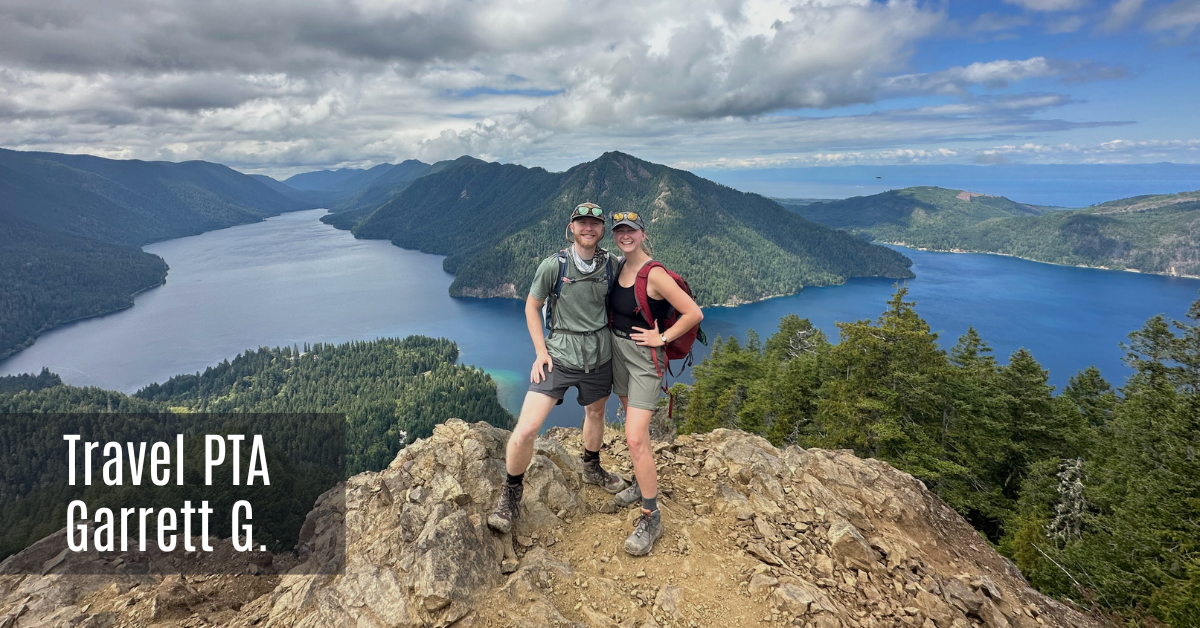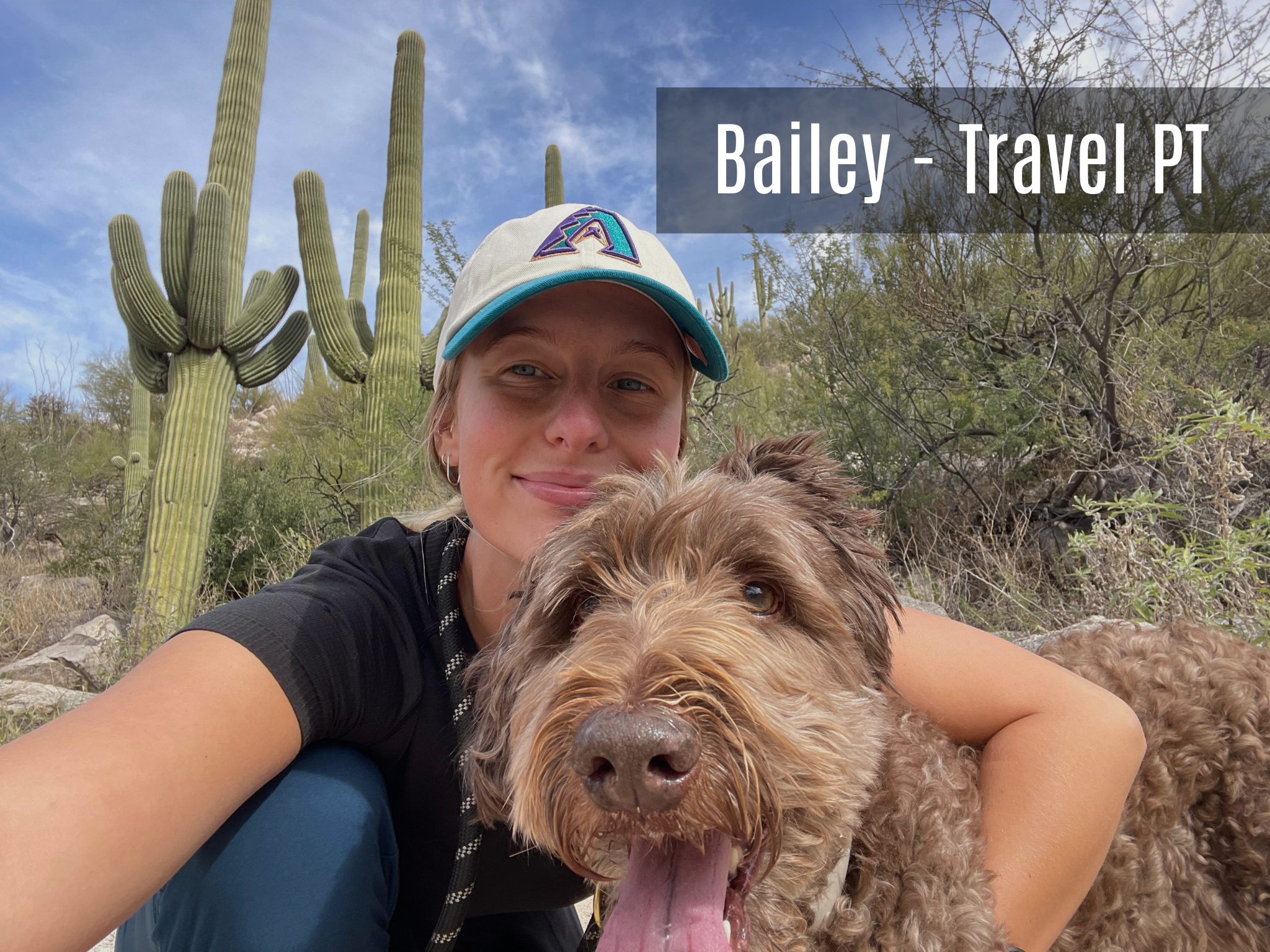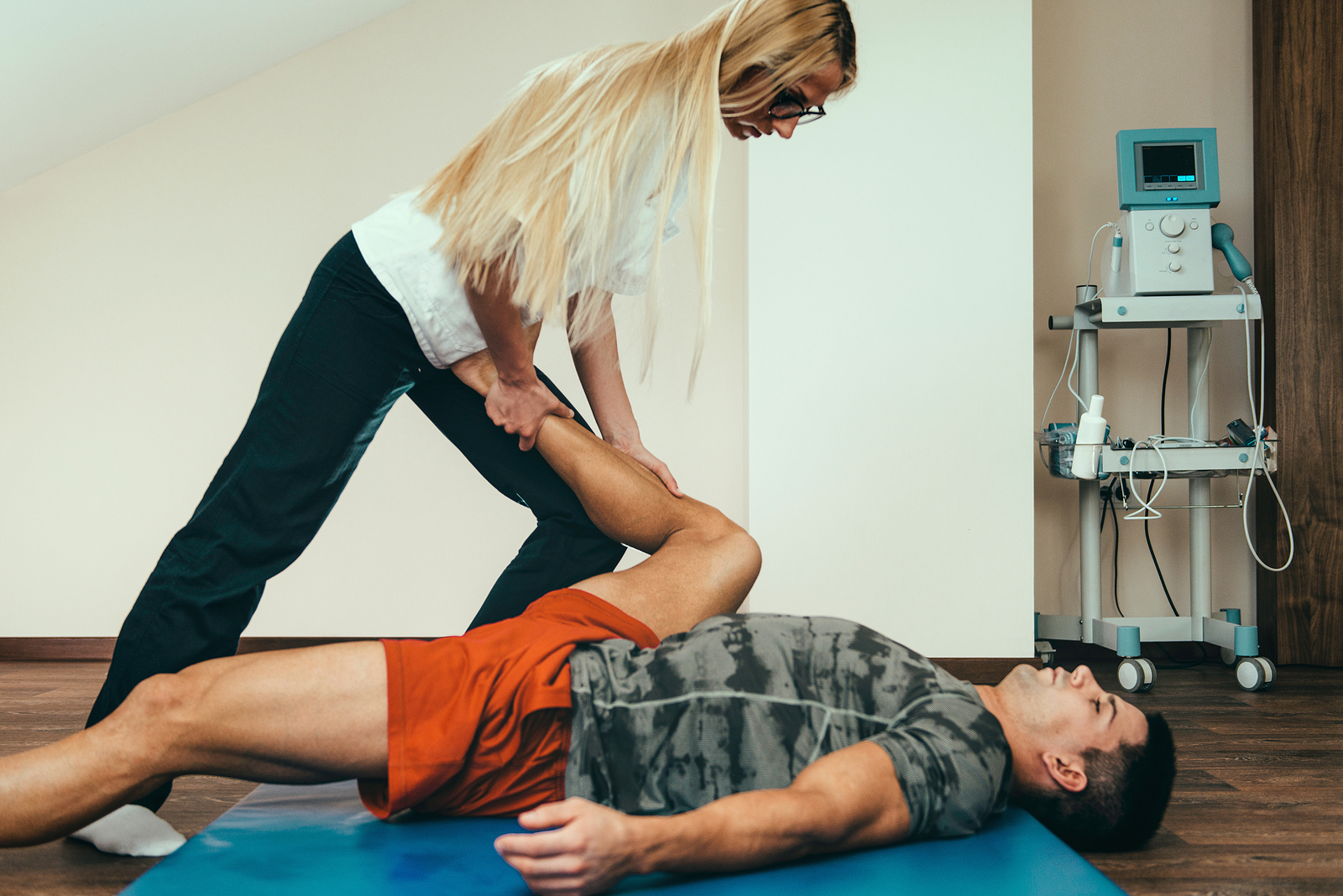- Help Center
-
1-800-774-7785Login

Blog
With each state introducing different guidelines, travel therapy licensure can feel like a maze. But don’t let paperwork hold you back from your next great adventure. The process of obtaining one or multiple licenses doesn’t have to be overwhelming—with the right tools and strategies, you can navigate state requirements smoothly and focus on the adventure ahead.
Licensed to Roam: Mastering Multi-State Licensure for Limitless Travel Therapy Adventures
Madison Gregg Occupational Therapy, Physical Therapy, Lifestyle Travel GuidesWith each state introducing different guidelines, travel therapy licensure can feel like a maze. But don’t let paperwork hold you back from your next great adventure. The process of obtaining one or multiple licenses doesn’t have to be overwhelming—with the right tools and strategies, you can navigate state requirements smoothly and focus on the adventure ahead.
As a travel therapy or education professional, each new assignment brings the exciting opportunity to experience a different environment, meet new colleagues, and treat a unique population. But adjusting to unfamiliar settings — especially those with different demographics, cultures, and patient expectations — can pose a challenge when it comes to building a strong rapport with patients.
Good communication skills are at the heart of every successful patient relationship, especially for those who frequently find themselves in new locations and varied healthcare settings. Here are some key strategies to help you build trust, ease anxiety, and foster a genuine connection with your patients, no matter where your travels take you.
The Art of Communication: Building Rapport with Patients in New Settings
Madison Gregg Education, Speech Language Pathology, Occupational Therapy, Physical TherapyAs a travel therapy or education professional, each new assignment brings the exciting opportunity to experience a different environment, meet new colleagues, and treat a unique population. But adjusting to unfamiliar settings — especially those with different demographics, cultures, and patient expectations — can pose a challenge when it comes to building a strong rapport with patients. Good communication skills are at the heart of every successful patient relationship, especially for those who frequently find themselves in new locations and varied healthcare settings. Here are some key strategies to help you build trust, ease anxiety, and foster a genuine connection with your patients, no matter where your travels take you.
As a physical therapist you're surrounded by job opportunities, and having your PT Compact license opens you up to an even bigger world of opportunity. The compact license allows you to quickly apply for jobs in multiple states across the country without having to apply for a state licensure first, since you already have permission to practice there! The PT Compact streamlines the licensing process so you don't have to juggle the requirements or cost of each state individually. Learn more about getting a compact state license as a physical therapist:
As a physical therapist you're surrounded by job opportunities, and having your PT Compact license opens you up to an even bigger world of opportunity. The compact license allows you to quickly apply for jobs in multiple states across the country without having to apply for a state licensure first, since you already have permission to practice there! The PT Compact streamlines the licensing process so you don't have to juggle the requirements or cost of each state individually. Learn more about getting a compact state license as a physical therapist:
Travel physical therapists (PTs) are an integral part of the healthcare system, bringing their skills and expertise to communities that might otherwise struggle to access essential rehabilitation services. Their impact goes far beyond the individual patients they treat; they play a vital role in strengthening healthcare infrastructures, improving patient outcomes, and enhancing overall public health.
Travel physical therapists (PTs) are an integral part of the healthcare system, bringing their skills and expertise to communities that might otherwise struggle to access essential rehabilitation services. Their impact goes far beyond the individual patients they treat; they play a vital role in strengthening healthcare infrastructures, improving patient outcomes, and enhancing overall public health.
Working as a Travel Physical therapist, you already know why physical therapy is so important for patients to manage their pain. Some of your patients may not see the benefits, however. Opioids or pain medications can appeal to patients as a “quick fix” for their pain, unlike physical therapy that requires more time and effort. But according to the Centers for Disease Control and Prevention, drug overdoses killed more than 70,000 Americans in 2019 alone. Of these deaths, 70 percent of them involved prescription or illicit opioid use.
Working as a Travel Physical therapist, you already know why physical therapy is so important for patients to manage their pain. Some of your patients may not see the benefits, however. Opioids or pain medications can appeal to patients as a “quick fix” for their pain, unlike physical therapy that requires more time and effort. But according to the Centers for Disease Control and Prevention, drug overdoses killed more than 70,000 Americans in 2019 alone. Of these deaths, 70 percent of them involved prescription or illicit opioid use.
Latest Articles
- Work with Purpose, Retire with Peace: Why Travel Therapy Is the Journey Worth Taking
- Celebrating Community & Connection at the 47th Annual NBASLH Convention
- Home on the Road: Embracing RV or Tiny Home Life as a Travel Healthcare Professional
- Travel Healthcare With Pets: How to Register an ESA
- Explore Like A Local: Free and Low-Cost Activities for Healthcare Travelers





